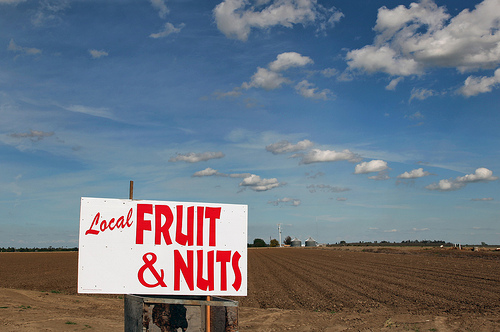16th Sunday after Pentecost
Lectionary Reflection
Therefore I tell you, the kingdom of God will be taken away from you and give to a people that produces the fruits of the kingdom. Matthew 21:43
You never know how much you really believe anything until its truth or falsehood becomes a matter of life or death to you. — C.S. Lewis
What an awful story! How are we to understand this tale of murder, conflict, and mayhem? Who is truly in charge? Who holds authority? Making sense of the parable of the householder, vineyard, and tenants is a tough assignment. Whether one is preaching, teaching, or reading, this parable presents a host of problems.
The wise preacher and teacher will want to set the parable within its overall context of Matthew’s gospel as part of the fifth narrative block (chapters 21-27) that begins with Jesus’ entry into Jerusalem (reserved for Palm/Passion Sunday in the Revised Common Lectionary) and ends with his crucifixion.
Like other parables, where one stands depends on where one sits in the story. The most common reading of this parable is allegorical. The householder is equated with God, the vineyard with God’s reign and Israel, his servants with the prophets, and the son with Jesus. So who are the tenants? In this reading, they are the religious elite, the leaders of the Jews.
The religious leaders fall right into Jesus’ hand in answering the question “Now when the owner of the vineyard comes, what will he do to those tenants?” Why, of course, the owner will give them what they deserve–a nasty death. In responding like this, Warren Carter notes “They predict their own destruction at the hands of the Rome in 70 C.E.” (Matthew and the Margins, 428). To make matters even worse, the kingdom/vineyard will be snatched away and given to new tenants.
No one likes to hear condemnation or have their world order shaken, and the religious leaders of Jesus’ day are no exception. But then neither are we. This reading of the parable fits well with our view as the Gentiles given access to the Kingdom of God. We can sit comfortably in our pews and be reassured of our role, our place, and our destiny. Or should we? Can we?
We would do well to ask, who might be offended by this parable today? What do we believe about this story and about the reign of God? Is it a matter of life or death for us, or just another Bible story? Who are the tenants in the vineyard? Who do we see comprising the rest of the cast?
Some readers will see shades of colonialism and empire in this story. They may identify the tenant farmers with immigrants and/or migrant workers. Would it be too far a stretch to imagine something along the lines of what Joseph Conrad wrote about in Heart of Darkness? One might make connections between the miners in Appalachia and the mining companies that exploited them and ruined the land. Still others may see the tenants as migrant workers simply wanting a fair share. It is relatively simple to cast these roles with others, but where do we fit into the story?
What if the vineyard were equated with the church, and we are the tenants? What if we resist change and try to keep others out of the church/vineyard, even rejecting Jesus? Are the walls built to keep people in or out?
The church does not belong to us; we are the church. We pass through this world, migrant workers in the reign of God on earth. Christ is the cornerstone, and while he possesses the ability to crush and destroy those who would thwart his purpose, he also seeks to open the vineyard for all to enter.
However one approaches this parable, one should do so with caution, humility, and a willingness to think outside the box (or in this case, the wall). Our call is to be fruitful while we are here, not struggle for ownership or control. We don’t run the show; we aren’t in charge. All authority belongs to God, indeed every atom and molecule of creation. That, dear friends, is a very good thing indeed.
(Photos by Cooperweb, used under Creative Commons License. Thanks!)




Leave a Reply